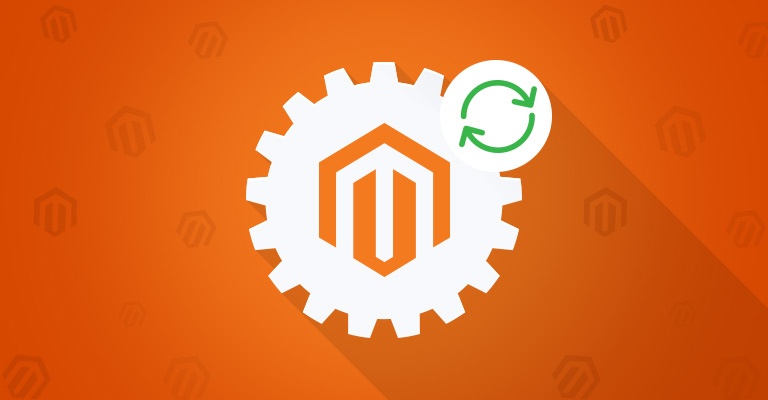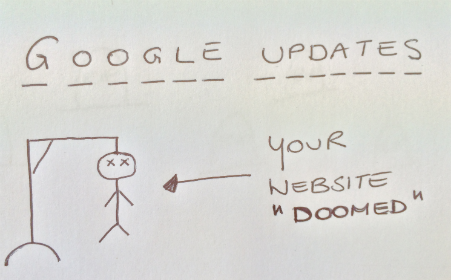There’s no doubt that the CBD industry has exploded quickly since hemp first became federally legal in 2018. With the passage of the US Farm Bill, congress opened the door for an entire new industry to grow out of thin air.
From farming to production, manufacturing to sales and everything in between, CBD is expected to grow into a $7.8 billion industry in 2022.
But much like the gold rush in the Wild West, the ‘green rush’ has begun to settle. Consumers are becoming loyal to certain brands. Demographics are starting to shift. And sales are starting to move from in-store retailers to online.
Four years on from the industry’s creation, what does the CBD industry look like now, and what will it look like in the year to come? Here are our predictions for the CBD industry in 2022.
1. Target Audiences Will Shift (And So Will Your Strategy)
When you think of the average CBD user, what do you picture? Is it a mustachioed hipster wearing a man bun and capris? Is it an exercise enthusiast interested in CBD’s supposed health benefits? Or is it a 50-something dad who heard an ad for CBD on the radio?
The demographics for the average CBD user might surprise you. 31% of CBD users are between the ages of 35 and 49. 22% are between the ages of 22 and 35, and another 22% are between 50 and 64. Not what you expected? Then you might have some work to do in your marketing and sales strategy. While consumer preferences have shifted quite a bit through the COVID-19 pandemic, different demographics still expect different things out of their shopping experience.
For instance, 66% of Gen Z shoppers will use social media to research a product before purchasing it, while Millennial buyers are far more independent than Generation X or baby boomer buyers during their path to purchase. They conduct extensive research on their own before making any purchasing decisions.
These are important factors to take into consideration while creating a marketing strategy for your CBD business. Pay attention to who your customers are, and cater to their individual expectations.
2. Legalize It
2021 saw a mass of new THC isomers come into popularity, like Delta 8 and Delta 10 THC. These products saw wide adoption among consumers, but faced fierce legal challenges in courts. A recent trend has found some states modifying their definitions of “THC” to include all THC isomers and are requiring that consumable hemp products have a total THC concentration of less than .3% of all THCs and THC isomers, rather than just delta 9 THC.
This back and forth will surely continue throughout 2022, as cities, states, and even the federal government take another look at CBD, hemp, and marijuana laws. While the trends show a wider acceptance of marijuana (and therefore hemp) as a whole, there’s no telling what individual states might do in the face of opposition.
3. Payment Processing Challenges Continue
Many in the CBD business will tell you that finding a quality payment processing partner can be a huge challenge. CBD itself is considered a high-risk vertical, categorized with the likes of cryptocurrencies and online gambling. This means many payment processors will not work with CBD businesses to perform transactions in-store or online. Those that do often charge exorbitant fees, are difficult to integrate with, and use heavy contracts to ensure less liability.
As legal battles continue over the status of CBD, hemp, and marijuana, many payment processors are sure to stay at arm’s length from this industry. While still high-risk, that doesn’t mean that there aren’t plenty of payment processors available to merchants. BigCommerce works with a variety of payment processors, like Pinwheel and Inovio, to help our CBD customers grow. Learn more about CBD payment processing in our deep dive here.
4. Marketers Will Find New Ways to Adapt
Payment processing isn’t the only side of the business that leaves merchants with a headache. Marketing and advertising have proven to be a huge challenge over the years since legalization. In 2021, Google updated its Paid Search Policies to include cannabidiol (CBD) as an unapproved substance search term. Google also released a “Three Strikes” rule to penalize accounts that violate their policies. Accounts that violate the policy three times within 90 days will be suspended.
While some may look at this trend and ask ‘How am I supposed to reach my audience,’ others are finding unique ways to get their message in front of prospective customers. Influencers, brand ambassadors, and affiliate marketing are becoming more popular in these verticals, and some merchants are even turning to more traditional advertising avenues like radio.
Last year, our friends at CBDistillery joined us to talk about their strategy and how they work around some of the more strict rules regarding digital marketing and advertising. Check out the talk here.
5. Increased Competition
While 2020 was a challenging year for the CBD industry, businesses that survived see greener pastures ahead. Those pastures won’t come without their fair share of challenges, however. As CBD becomes more widely accepted, larger, national brands will begin creating and selling their own CBD products. Brands like Sephora and Urban Outfitters have already begun selling CBD products, and 2022 is sure to see many more national and international brands follow suit.
What does that mean for small- and medium-sized CBD retailers? You’ll need to be at the top of your game to stick up to the competition. To do that, look for a partner that can help give you the tools you need to succeed, like BigCommerce. Our ecommerce platform allows sellers to adapt their store quickly and easily depending on market changes. It comes standard with SEO and marketing tools to help you ensure your marketing dollars are being spent where they need to. And we partner with a variety of payment processors to help ensure your checkout process is seamless and easy.
Ready to take your CBD business to the next level in 2022? Check out our comprehensive guide to growing your CBD business, and learn about marketing, payment processing and more.
This material does not constitute legal, professional or financial advice and BigCommerce disclaims any liability with respect to this material. Please consult your attorney or professional advisor on specific legal, professional or financial matters.
![]()
![]()






